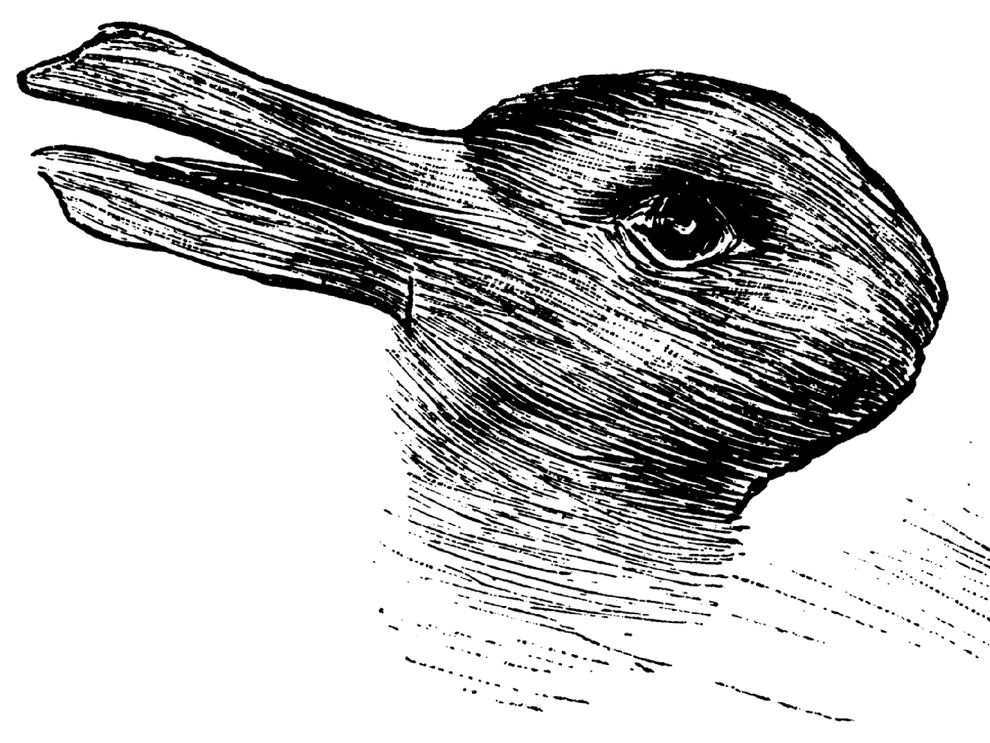Are you playing these finite games without realizing it?
The hidden dynamics of your life and business in James Carse's book on games

James Carse once wrote a wonderful and mysterious book titled Finite and Infinite Games.
There are depths hidden in this gem.
You'd best not read biz-pop guru business books or listen to Youtubers if you want to understand what's going on here.
The book is not about board games or vidya games or Texas Hold'em or mathematical game theory.
Carse uses the game as a metaphor for coordinated action between two or more people who act by rules.
What's a game? What's a rule? What's involved in acting on a rule?
Big-deal questions.
It's not all abstract philosophical theorizing. There's ground-shaking insights if you put in the work to find them... and they have direct bearing out in the "real world".
If you can think for yourself.
The book begins with a common confusion about games
The kind of game you're most familiar with, like Monopoly or Call of Duty, these are examples of finite games.
Finite games have clear conditions for success. Everybody knows when there's a winner.
And there's only the one winner. When that person wins, everyone else loses. Winner takes all.
Many readers miss the more subtle point. Carse isn't just talking about recreational games.
He's using these games as a metaphor to understand social behaviors.
How do people come together and agree to follow certain rules and work for certain goals?
Does that sound like a strange question?
You've probably never given it a second thought. You just do what you've learned to do from a young age.
We do it this way 'cause that's how we do it.
Carse argues that all the things we do with other people -- which is all the things we do -- can be understood by understanding rule-governed action.
Words, for example.
Words only have a point when you use them with other people.
What's that? You can invent words? Sure. Poets do it all the time.
But poets invent words by writing them down for readers and speaking them to other people.
You learned words as a child by watching your parents and other people. Children that grow up without learning language suffer permanent damage.
You can think by yourself as a mature and healthy adult... because you learned language and then had the luxury to forget you learned it.
The human animal is a language animal. No other creatures on earth or beyond (that we know about) use words...
Much less use words to partially create their environment.
Thinking by yourself is a special case of dialogue, which is a game of speaking your mind and understanding the words of others.
Poets can invent words, but you can't just decide the meanings of the words you use, Humpty Dumpty style.
They're a common property, belonging to everybody and nobody.
Words are an interesting example. Having and using language isn't like playing Monopoly. There's no clear way to "win" at using words. There's no zero-sum game here.
And that's an important difference.
There's finite games...
And then there's the infinite game.
The missing difference between a finite game and the infinite game
Carse didn't talk about infinite games, with the plural "s".
Today's biz-guru pop-writers can't stand conceptual clarity. They stomp the subtle point into meaningless mud.
But Carse separated the many finite games we play from the one and only infinite game.
That's the game that has no success conditions. No winners and losers.
The only point of infinite play is to keep playing.
If you've got a mind for the esoteric, you'll want to know that Carse is resting heavily on the philosophies of Heidegger and Wittgenstein's later works.
To sum up many complex points far too quickly, the gist of it is:
There are things that we know but cannot say.
We humans, we infinite players, know these unspeakable things because we do them. And what we do is done with other people.
That's hard to see. Our society, materialist and technology-obsessed, stresses the isolation of the individual. It highlights the finite games we play.
Finite games are nothing but rules and success conditions. What's visible is easy, simple, fast, and cheap. It requires no deep thinking or effort. This worldview appeals to the lazy, gluttonous ape in all of us.
Which is how finite games attract us and compel us to action. Whether that's Monopoly or the political drama going on down at the office or dating in today's urban hellscape.
And that has the unfortunate effect of blinding us to infinite play.
The robot becomes our model for life. Robots follow rules blindly, without any context. Robots don't understand and they don't have to. They just behave.
Infinite players understand the rules and the goals of the finite games they play.
Infinite players understand that their game is played with rules and with finite goals and objectives. Instead of being bounded by rules, the infinite player plays with the rules.
Finite games have a purpose beyond the game. You aren't going to a job you have because it's a worthwhile experience. You're playing the job game to secure the outcome of having a job – the paycheck.
Every finite game is played against the background of the infinite game. The infinite game has no further purpose beyond itself. The purpose of infinite play is more infinite play.
There's no such thing as the Robinson Crusoe of rugged individualist myth
Castaway got it right. A human left to fend for himself on a deserted island would end up talking to a soccer ball. If there were no other people, we would have to invent them.
Many of us are lost souls locked into the finite games which we're told are necessary and unavoidable... by the same people locked into their own finite play.
If you live in a world of finite games, it's turtles all the way down. Eat or be eaten. Live as a robot, follow all the rules.
If you don't choose your games, they'll be chosen for you.
Infinite players live in a different relationship to others and themselves.
An infinite player isn't picking up another game with winners and losers and rules to obey.
That takes a total mindset switch. You have to see your reality in a new way.
Watch the duck turn into a rabbit.

Infinite players aren't locked into any finite game. The purpose of infinite play is to keep playing. You aren't doing it to get something else.
It's worthwhile in itself.
When's the last time you thought about your life as games with rules and objectives?
What could you gain when you step back into the frame of the infinite player and look at EVERYTHING in your life as a system of finite games that you play without realizing it?
Duck, rabbit. Rabbit, duck.
Here's your billion-dollar question...
What games do you play without realizing it?
The marketing consultant and ecological thinker in me wants to bring this abstract distinction down to the practical level.
What can you do with this shiny toy?
Around here, I often find myself saying that there are no real rules.
That's not exactly true.
To be more exact, there are a few rules. But most of the ones we are told are Very Serious and Important are total fictions that only have hold on us because we agree to keep playing the game.
You don't want to ignore the laws of nature, or you'll end up dead or crippled. That's no good.
You don't want to violate the highest natural laws of mankind, or you'll end up losing your freedom. Also not good.
You ignore the laws of morality at the peril of your immortal soul. If you don't believe in such things, which is likely in today's secularized "marketplace of beliefs", you are cursed to an endless succession of finite games.
But all the rest?
Most everything that you take as important is... not.
Those rules are habits. Mere conventions. Things done for inertia's sake.
The rules of chess matter if you're playing chess.
If you stop playing, you can't enter checkmate. It's just a lump of wood on a checkered board.
What happens if you start to look at your personal life, your business, your marketing, through this lens?
Humans spend our lives blind to context.
We are the goldfish that can't see the water we swim in.
Understanding the dynamics of games is one of those revolutionary, paradigm-shifting, frame-breaking, eye-opening moments.
You realize one key truth that changes everything:
"I don't have to play this game anymore."
PS – If you enjoy these posts, why not subscribe? That way you can receive them directly in your inbox... and you'll get the members-only posts.
As a bonus perk, members can be a part of the private rogue planet community, where you can discuss this article and hang out with other SFF Heretics. It's not another privacy-thieving jumble of a Facebook group, either.
There's no charge (yet) to subscribe as a free member, so click here and join now.

